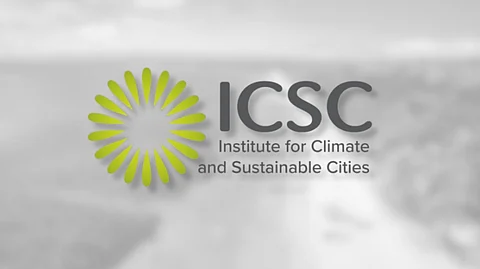
- NEWS
- the EDIT
- COMMENTARY
- BUSINESS
- LIFE
- SHOW
- ACTION
- GLOBAL GOALS
- SNAPS
- DYARYO TIRADA
- MORE

Siquijor’s prolonged power crisis has intensified calls from the Institute for Climate and Sustainable Cities (ICSC) for the island to abandon its diesel-only power setup and adopt a hybrid system that combines renewable energy with backup fossil-fuel generation.
The climate and energy policy think tank warned that relying solely on one centralized, fossil-fuel-based source leaves off-grid provinces like Siquijor exposed to breakdowns and price shocks.
“The ongoing power crisis shows the risk of depending solely on one centralized fossil fuel-based energy source,” ICSC said.
Those risks became evident in May when the island’s lone diesel supplier, Siquijor Island Power Corporation (SIPCOR), repeatedly failed to meet demand due to generator breakdowns, producing only 5 to 6 megawatts (MW) against a 9 MW requirement.
Energy Secretary Sharon Garin earlier flagged SIPCOR for its expired compliance certificates and multiple regulatory violations.
State of calamity
On 3 June, the provincial board declared a state of calamity after weeks of rotational brownouts crippled businesses, tourism, and public services.
The Energy Regulatory Commission (ERC) responded by launching a formal investigation into SIPCOR’s compliance lapses, while the Department of Energy (DoE) and National Electrification Administration (NEA) deployed emergency generation sets, including units from the Palawan Electric Cooperative (PALECO).
By mid-June, the DoE reported an available capacity of 10.6 MW from repaired SIPCOR units and temporary gensets, but questions over long-term reliability remained.
For local enterprises such as hotels and cold-chain operators, the diesel-only model has meant unpredictable costs and prolonged outages.
Peak tourist months
Businesses have faced revenue losses, higher operating expenses, and reputational damage during peak tourist months, with volatile fuel prices passed on to consumers.
ICSC stressed that “combining existing diesel plants with renewable energy through hybridization can reduce fuel dependence, lower operational costs, and ensure a more reliable electricity supply.”
Energy experts point to hybrid systems — pairing solar or wind with battery storage and a smaller diesel backup — as the most cost-efficient and reliable option for off-grid islands.
“We must prioritize indigenous and distributed energy sources like solar and wind. In off-grid areas, accelerating solar PV and hybridization, where diesel generators are used only as a backup, can help enhance supply reliability while also reducing fuel costs and emissions,” ICSC said.
The policy framework for these solutions already exists under the Microgrid Systems Act (Republic Act 11646), which prior itizes renewable sources for underserved areas. The DoE updated its implementing rules this year to speed up microgrid projects.
